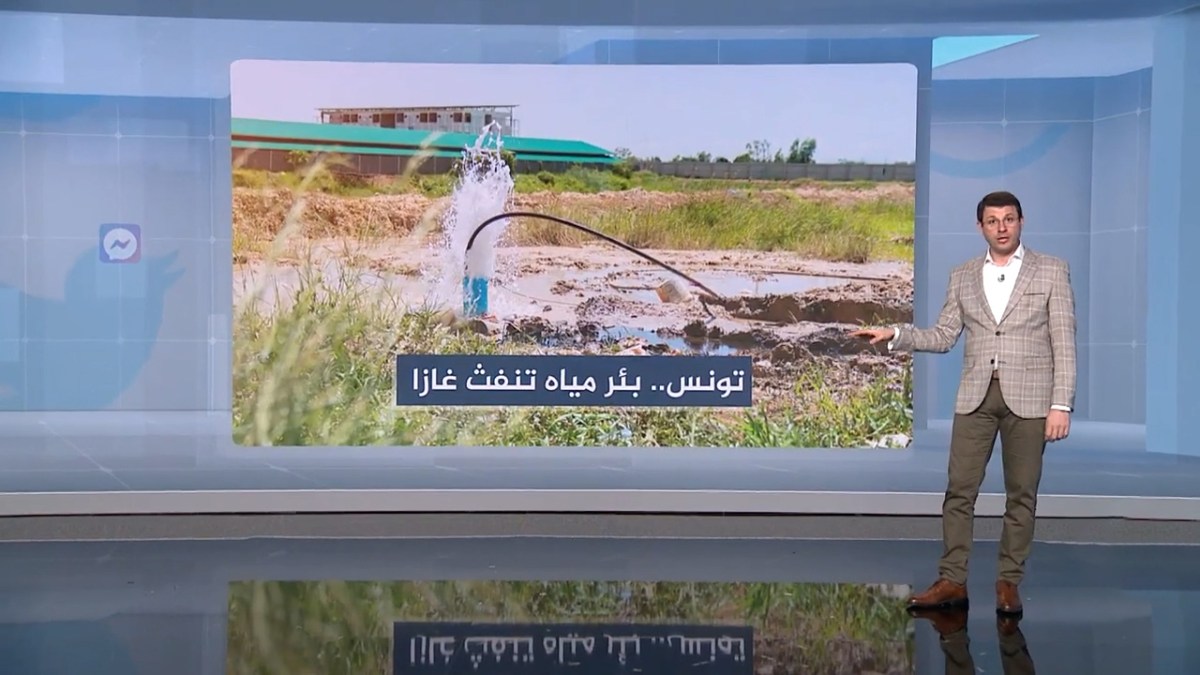Tunisians followed the story of farmer Walid Abdelaziz, who dug a 90-meter-deep artesian well, and was fortunate to have a water flow that turned into a fire, meaning he had found a natural gas well.
Abdelaziz comes from the village of Sidi Bou Othman, located in the Monastir governorate on the coast of Tunisia, a quiet and small village with a limited population, most of whom rely on agriculture as their main source of income.
For its part, the Tunisian Company for Petroleum Activities commented by saying, "According to geophysical and seismic studies carried out in the Sahel region (Sousse and Monastir), the presence of gas formed from the mother rock from the depths has been confirmed, as the Sahel basin has many tectonic faults active through geological times."
Tunisia's Minister of Agriculture, Water Resources and Fisheries revealed that specialists in the field are working to diagnose the situation. He stressed that all precautions have been taken to secure the well and ensure the safety of citizens.
The program "Shabakat" (2023/5/9) followed Tunisians' comments on the gas well discovered in the land of the simple farmer, where activist Ghaith Ghanmi wrote sarcastically, "Mr. Yasbaa is imprisoned and the land is in charge of the King of France."
For his part, tweeter Mohamed Ben Brahim commented, "And the people are certified to Tunisia that there is no gas and oil."
Activist Fahd Mazi predicted that the state would take control of the well, writing, "Mr. Forget it Ardo Khater was looking at the story of the gas is true, the state bash dismantles."
As for activist Raouf Besbes, he said: The so-called random wells, as well as the so-called random fishing, are the result of misappropriation of the wealth of this land that seems to belong to several citizens. After the emergence of the gas, the people disagreed about it. "One Tunisian lawyer called for limiting the land dispute to preserve their right to it."

